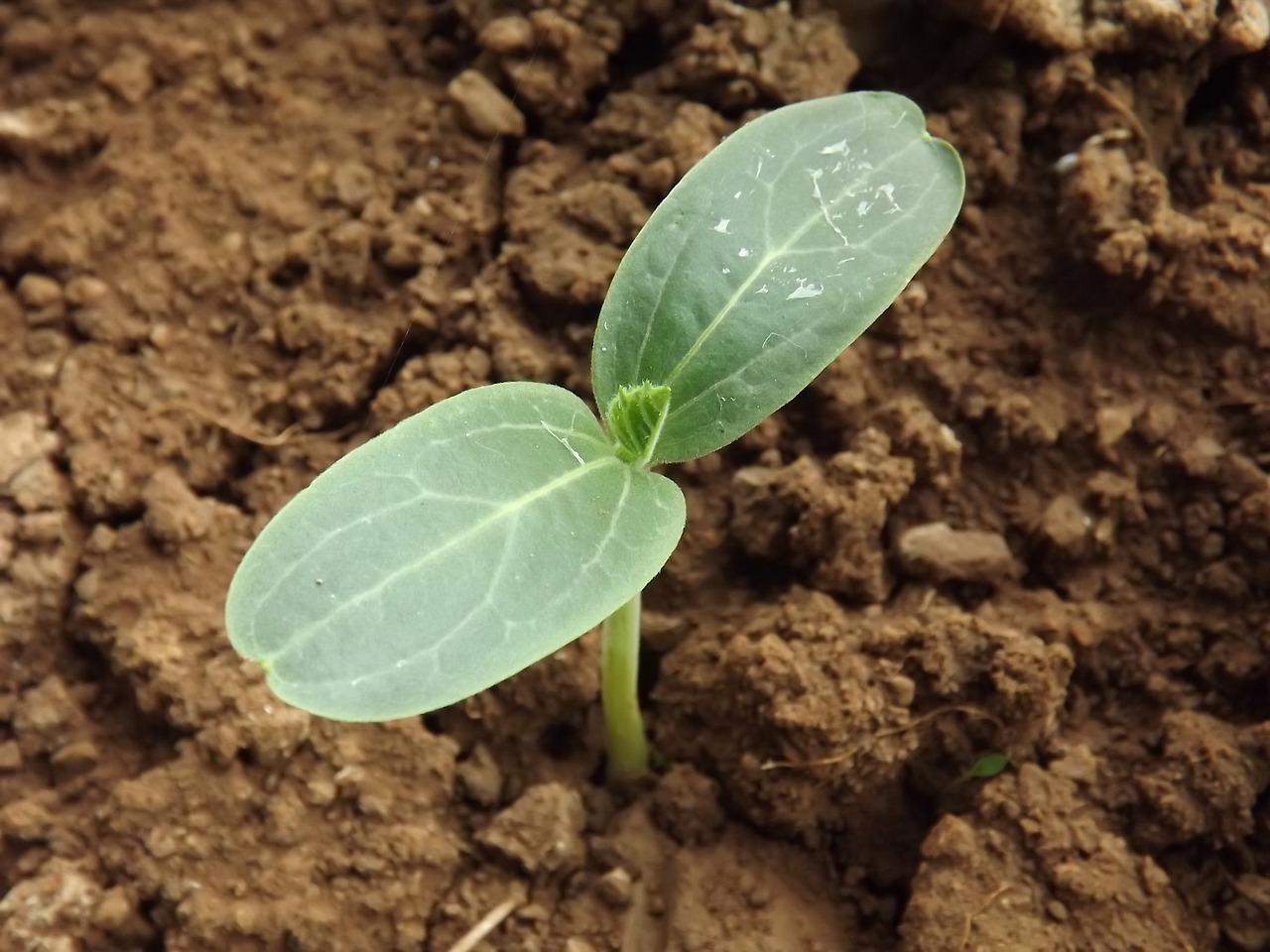Lime (Citrus aurantiifolia) Farmers Community
The Importance of Agricultural Lime: a comprehensive guide
- This topic is empty.
- AuthorPosts
- February 18, 2025 at 12:50 pm #569135
 Agric4ProfitsKeymaster
Agric4ProfitsKeymaster
Agricultural lime, commonly referred to as “aglime,” is a natural product that plays a crucial role in soil management and agricultural productivity.
By improving soil quality and increasing nutrient availability, agricultural lime helps create optimal conditions for plant growth.
Its importance cannot be overstated, particularly in regions with acidic soils, where the pH balance can significantly influence crop yields and soil health.
In this article, we’ll explore why agricultural lime is so vital to farming, focusing on its effects on soil pH, nutrient availability, soil structure, and overall crop productivity.
1. Agricultural Lime and Its Effect on Soil pH
One of the primary benefits of agricultural lime is its ability to adjust soil pH, especially in acidic soils. Soils with a pH lower than 6.0 can cause nutrient imbalances, making it difficult for plants to access essential minerals. Agricultural lime helps raise the pH of acidic soils, effectively neutralizing excess acidity.
By raising the pH to an optimal range for plant growth (usually between 6.0 and 7.0), lime ensures that essential nutrients like nitrogen, phosphorus, and potassium are more readily available to plants.
Without proper pH management, crops may struggle to absorb these nutrients, leading to stunted growth and poor yields.
2. Enhancement of Nutrient Availability in the Soil
Agricultural lime does more than just adjust pH—it also directly impacts nutrient availability in the soil. Many essential nutrients, such as phosphorus and magnesium, are more available to plants in slightly alkaline soils.
When the soil pH is too low, these nutrients become chemically bound and inaccessible to plants. By increasing the pH, lime helps release these nutrients, making them easier for plants to absorb.
Additionally, lime can reduce the toxicity of harmful elements like aluminum, which can poison plants when present in excessive amounts in acidic soils. This enhances overall soil fertility and ensures plants receive the nutrients they need for healthy growth.
3. Improvement of Soil Structure and Water Infiltration
The application of agricultural lime also improves soil structure, particularly in clay-heavy soils. Lime helps flocculate clay particles, promoting the formation of aggregates that improve soil porosity. This improves water infiltration and drainage, preventing the soil from becoming waterlogged.
Well-structured soil allows roots to grow deeper and access more nutrients and water, promoting healthier and more robust crops.
Improved soil structure also enhances aeration, ensuring that plant roots receive adequate oxygen, which is essential for their growth and development. This is particularly important in regions with heavy rainfall or poorly draining soils.
4. The Role of Agricultural Lime in Soil Erosion Prevention
Soil erosion is a significant concern for farmers, especially in regions with sloped terrain or heavy rainfall. Agricultural lime can help mitigate soil erosion by improving soil structure and increasing soil cohesion.
By reducing soil acidity and promoting better aggregation of particles, lime helps bind soil particles together, making them less prone to being washed away by rain or wind.
This is especially beneficial for maintaining topsoil integrity, which is critical for sustaining long-term agricultural productivity. Erosion can lead to the loss of valuable nutrients and organic matter, so preventing it with lime can have lasting benefits for both soil health and crop yields.
5. Environmental Benefits and Sustainable Farming Practices
Beyond its agricultural advantages, agricultural lime also supports sustainable farming practices. By improving soil health and fertility, lime reduces the need for synthetic fertilizers, which can be harmful to the environment when overused.
Lime helps farmers maintain a more balanced and nutrient-rich soil, which can enhance crop production without over-reliance on chemical inputs.
Furthermore, the use of lime can contribute to better water quality by reducing runoff and leaching, which can transport excess nutrients into nearby water bodies. This promotes more sustainable land management practices and contributes to the overall health of the ecosystem.
In conclusion, the importance of agricultural lime in modern farming practices cannot be overstated. It plays a pivotal role in improving soil pH, enhancing nutrient availability, promoting better soil structure, and supporting sustainable farming practices.
By making soils more conducive to plant growth and optimizing the use of nutrients, agricultural lime helps boost crop yields and soil health.
Farmers who incorporate agricultural lime into their soil management practices can create more resilient and productive agricultural systems, ultimately contributing to higher yields, better environmental outcomes, and long-term soil sustainability.
Read Also: What Does Lime Do To Early Pregnancy?
- AuthorPosts
- You must be logged in to reply to this topic.

